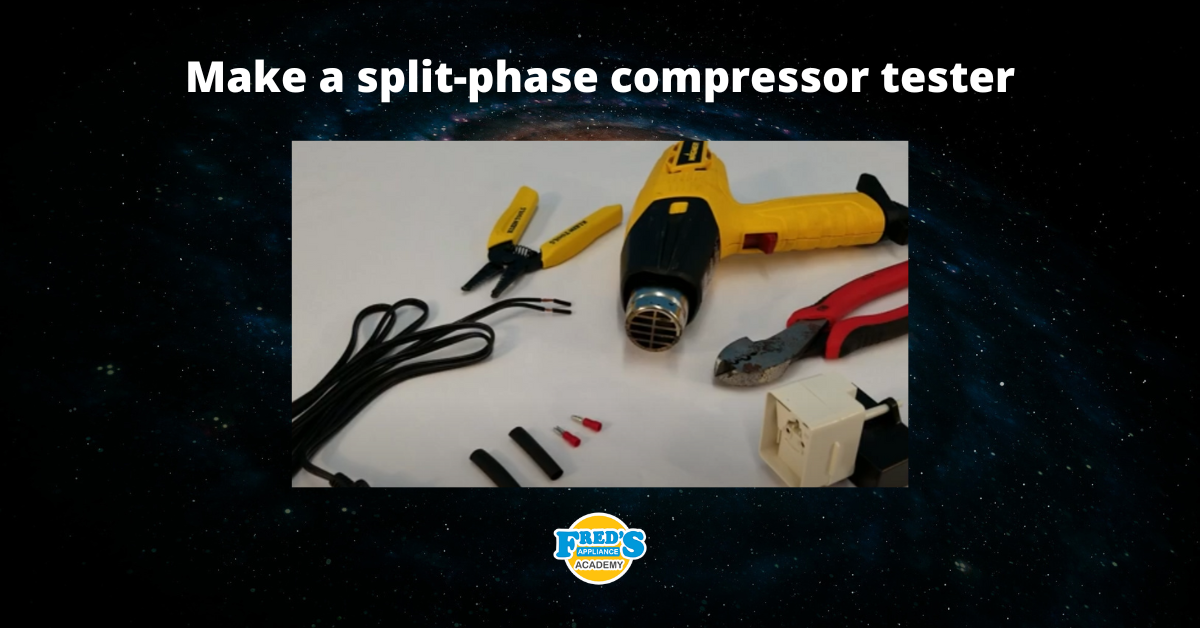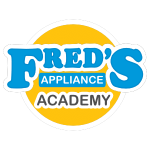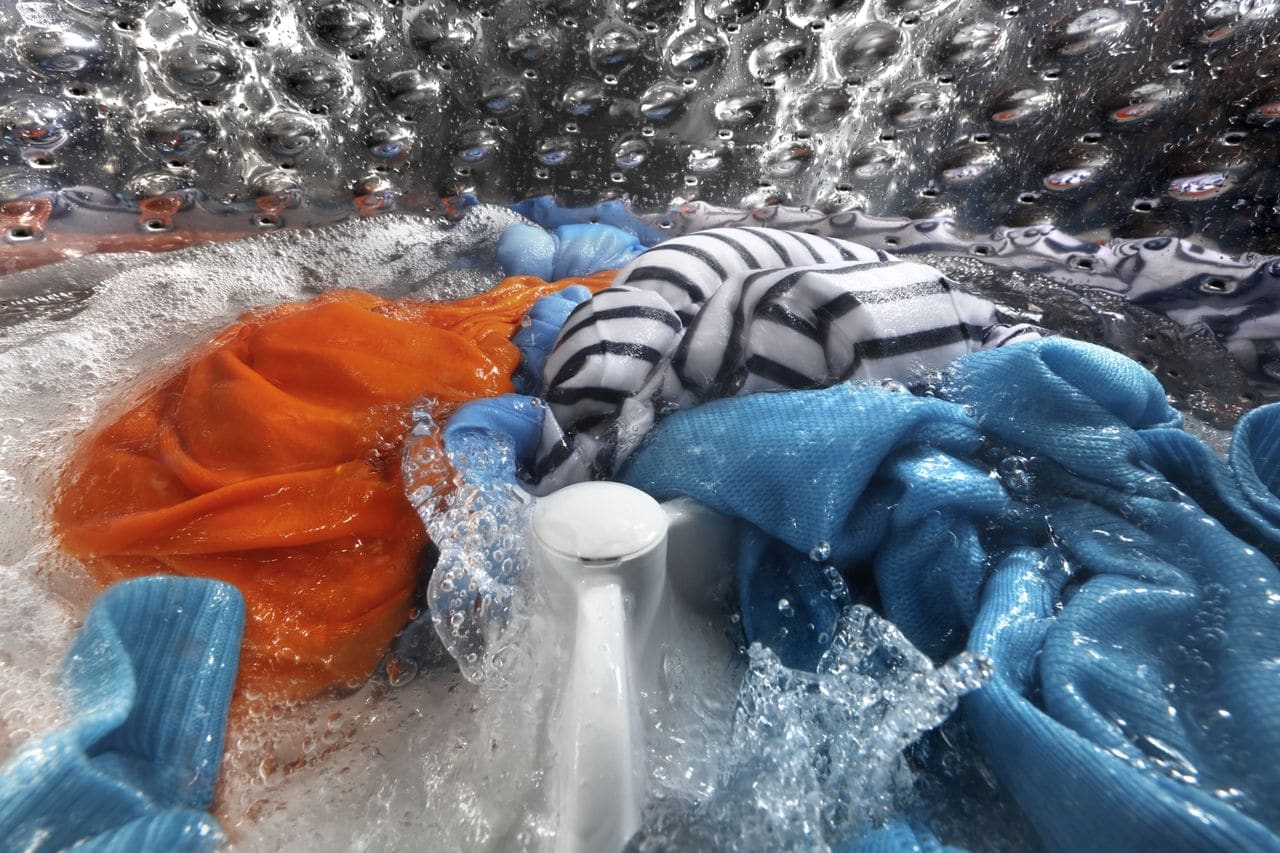
A lot of professional appliance repair is tied up in maintenance and tune-ups. At the end of the day, that doesn’t just mean tightening up connections and replacing parts that are starting to break down. It means a lot of cleaning. If you live in an area where hard water is common or a lot of your rural clients are likely to use well water, hard water deposits are going to be a common barrier you need to overcome. Be ready for hard water with these tips:
1. How to Remove Buildup from Dishwashers
Since dishwashers have a lot of intricate crevices and use water in almost every part of the cycle, it’s going to be one of your top appliances for hard water buildup and the related problems. Hard water often includes a combination of the following chemicals:
- Calcium
- Magnesium
- Iron
- Copper
- Rust
That calcium can turn into calcium carbonate and start to build layer after layer of limescale throughout your clients’ dishwashers. Over time, this will clog up drains, filters, and water lines. It can also put so much pressure on seals that parts become loose and the appliance starts to leak.
In order to remove limescale, you have to break down the affected area into its separate components and scrub each one line. If you’re already on a call because of a leak or an internal part, suggest that your clients opt for a thorough cleaning since you already have the machine disassembled.
After that, recommend your clients use a commercial limescale remover. If you have maintenance contracts with rental properties or larger commercial and multi-family buildings, make adding limescale remover a routine task.
2. How to Stop General Buildup
This is where appliance repair work intersects plumbing (it can happen a lot, and embracing it can make you a lot of money). If your target service area has exceptionally hard water, teach yourself the ins and outs of water softeners. If you can offer installation and maintenance contracts for first-time softener owners, you can dominate the market. That’s the ideal solution to hard water caking up pipes and lines.
In the meantime, you’ll need to know what to do when you come across water lines and valves that are caked with calcium in the appliances themselves. If you catch the problem early during routine maintenance and tune-ups, then you can scrub away the buildup as you come across it. This will most commonly happen in dishwashers because owners see dishes getting less and less clean over time, and refrigerators, because owners will notice water and ice that tastes bad. In these circumstances, even hard buildup. But when the calcium and limescale buildup isn’t immediately noticeable, you might not get a service call until it’s far too late. For those circumstances, make sure you carry around a supply of standard refrigerator tubing and flexible water connection lines for dishwashers and washing machines. When the chemicals are cemented inside long tubes, there’s no way to safely scrape them clean or flush them out.
3. Partner with a Plumber
Clients love comprehensive services because they’re convenient. On their end of things, water problems are water problems, even if true plumbing services are outside of your wheelhouse. So form a relationship with a reliable local plumber. You can refer clients to each other and work together on larger projects that need both technical skills (such as installing those water softeners). Not only can you expand your business, but you can also make clients more satisfied with the total experience.
Whether you’re just beginning to explore the trade of appliance repair or you want to add more services to your list, start learning at Fred’s Appliance Academy.
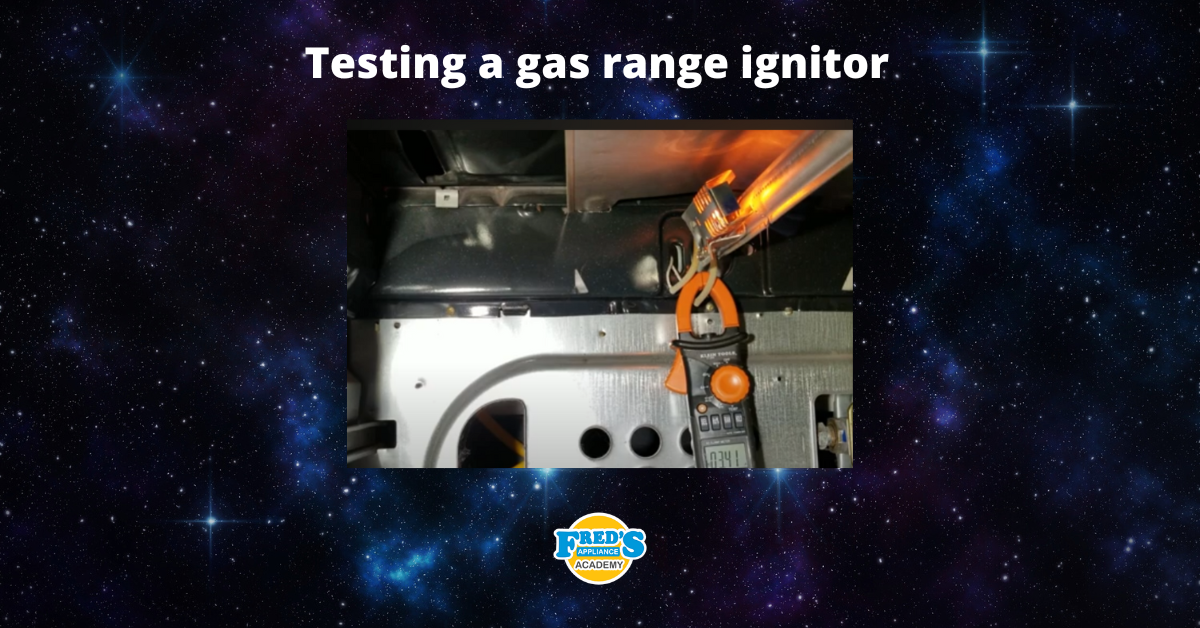
How to test a gas range ignitor
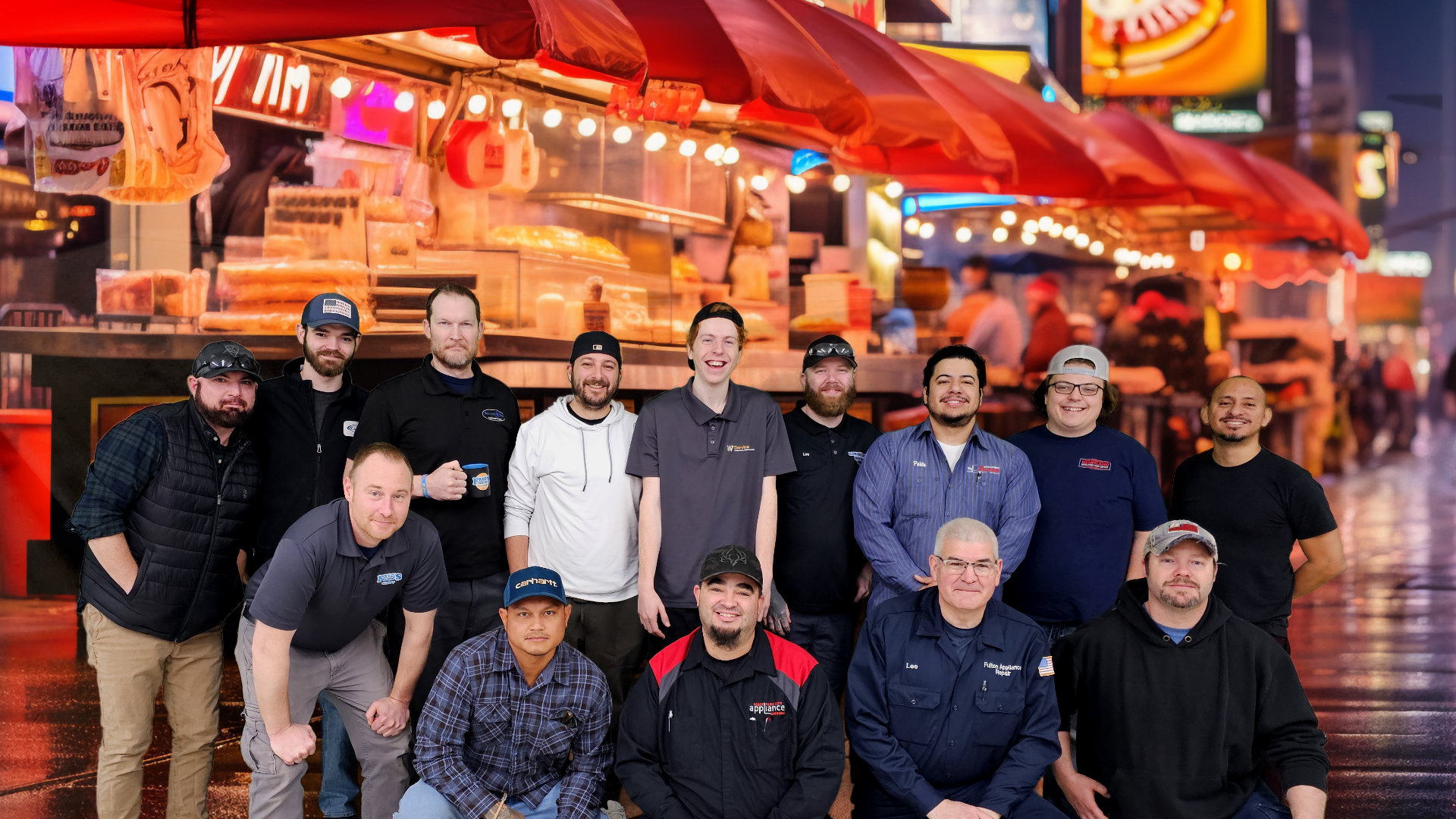
Congrats to our graduating March 2024 class
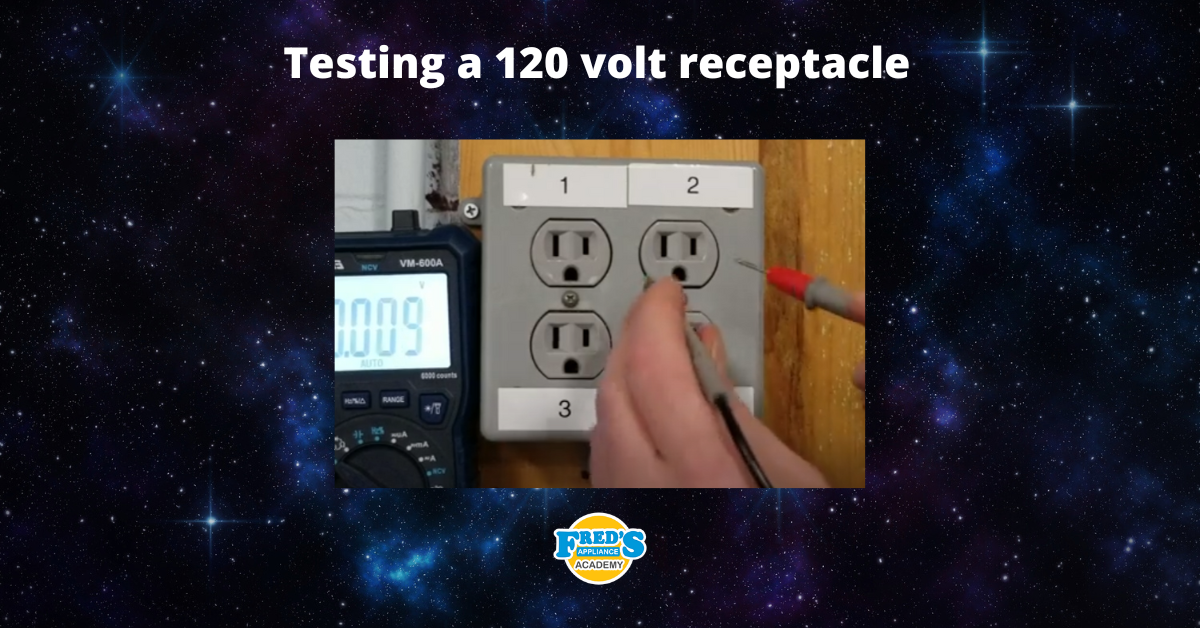
How to test a 120 volt receptacle
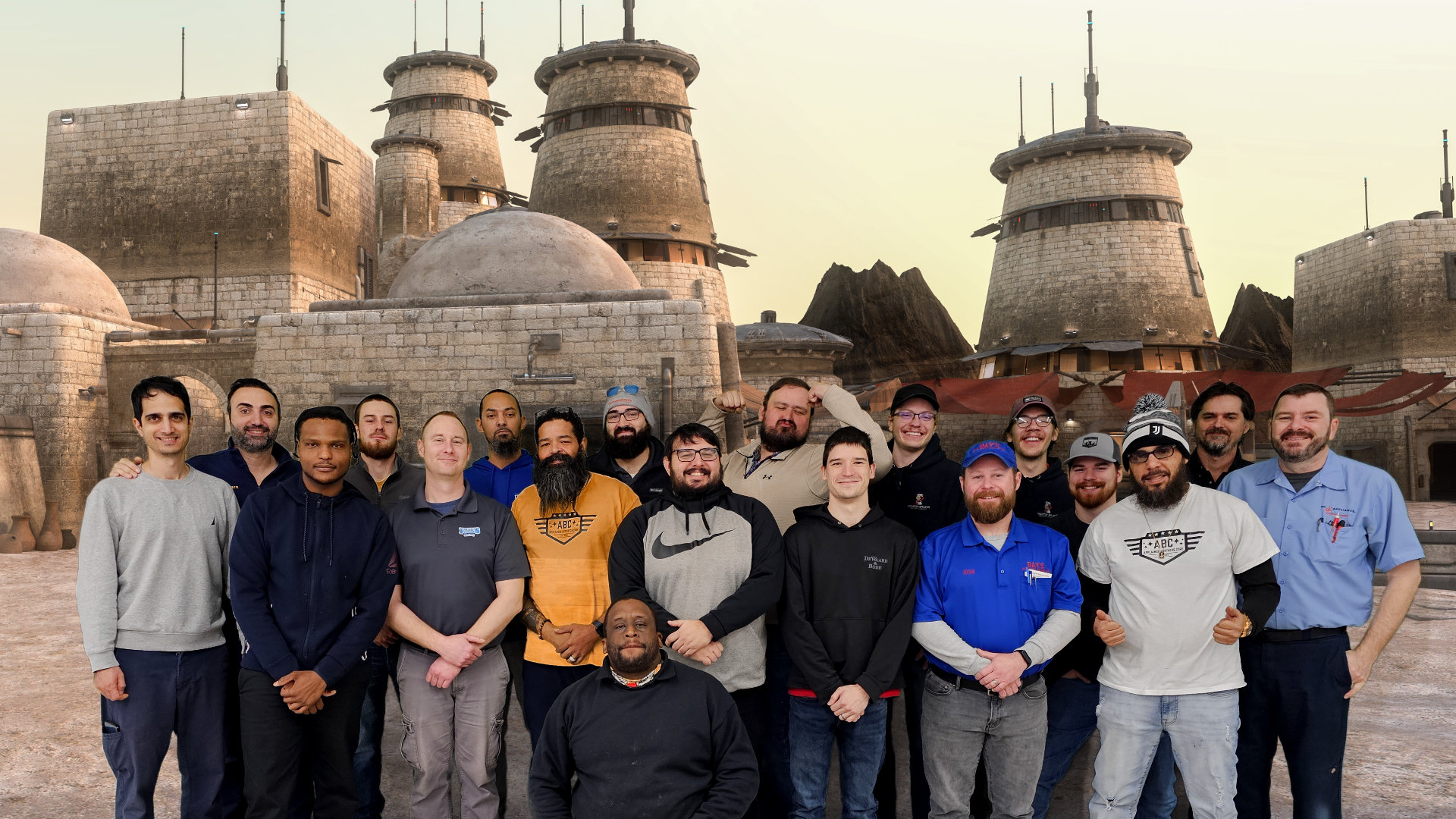
Congrats to our graduating February 2024 class
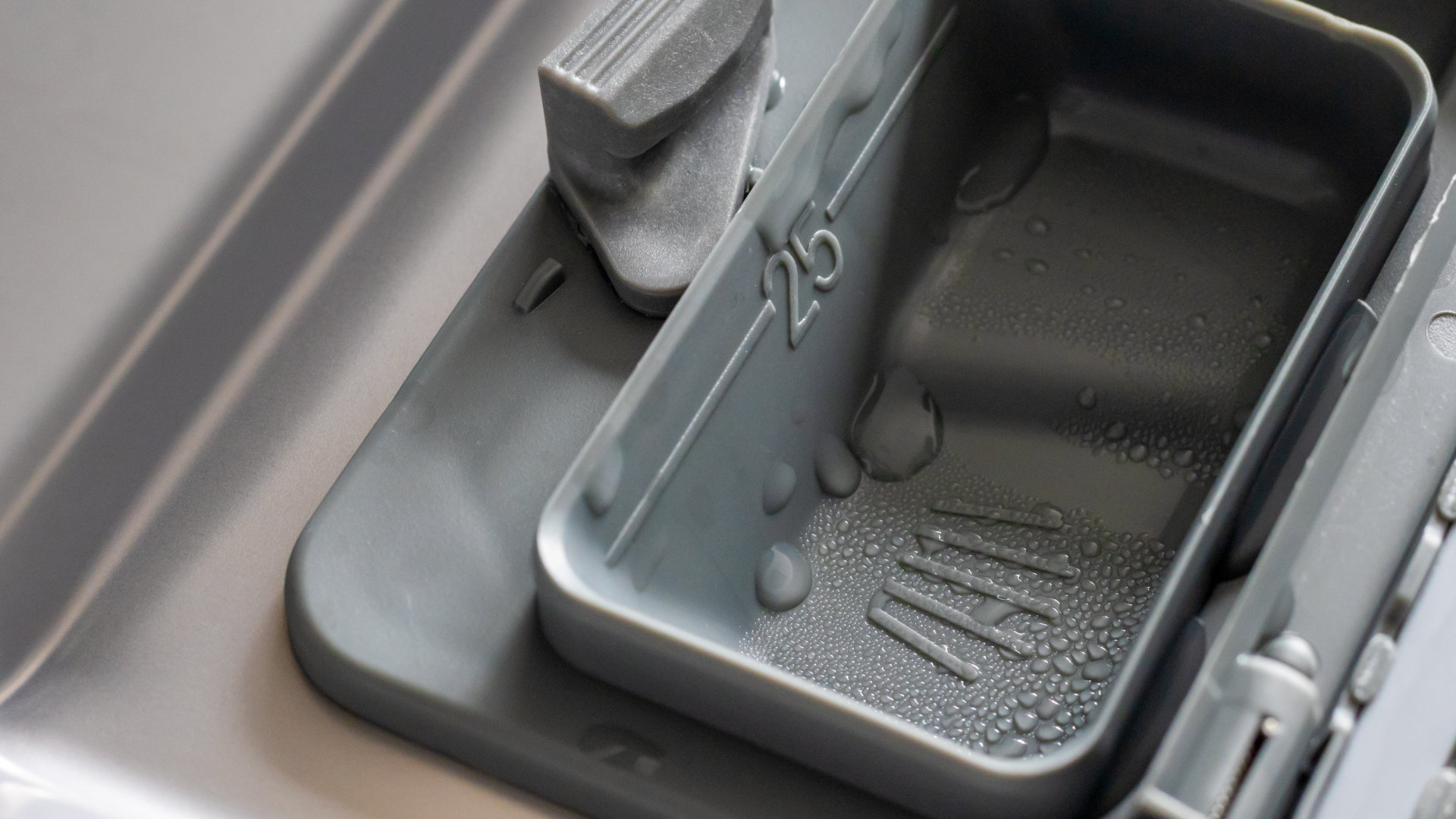
Why Is Your Dishwasher Soap Not Dissolving? (5 Easy Fixes)
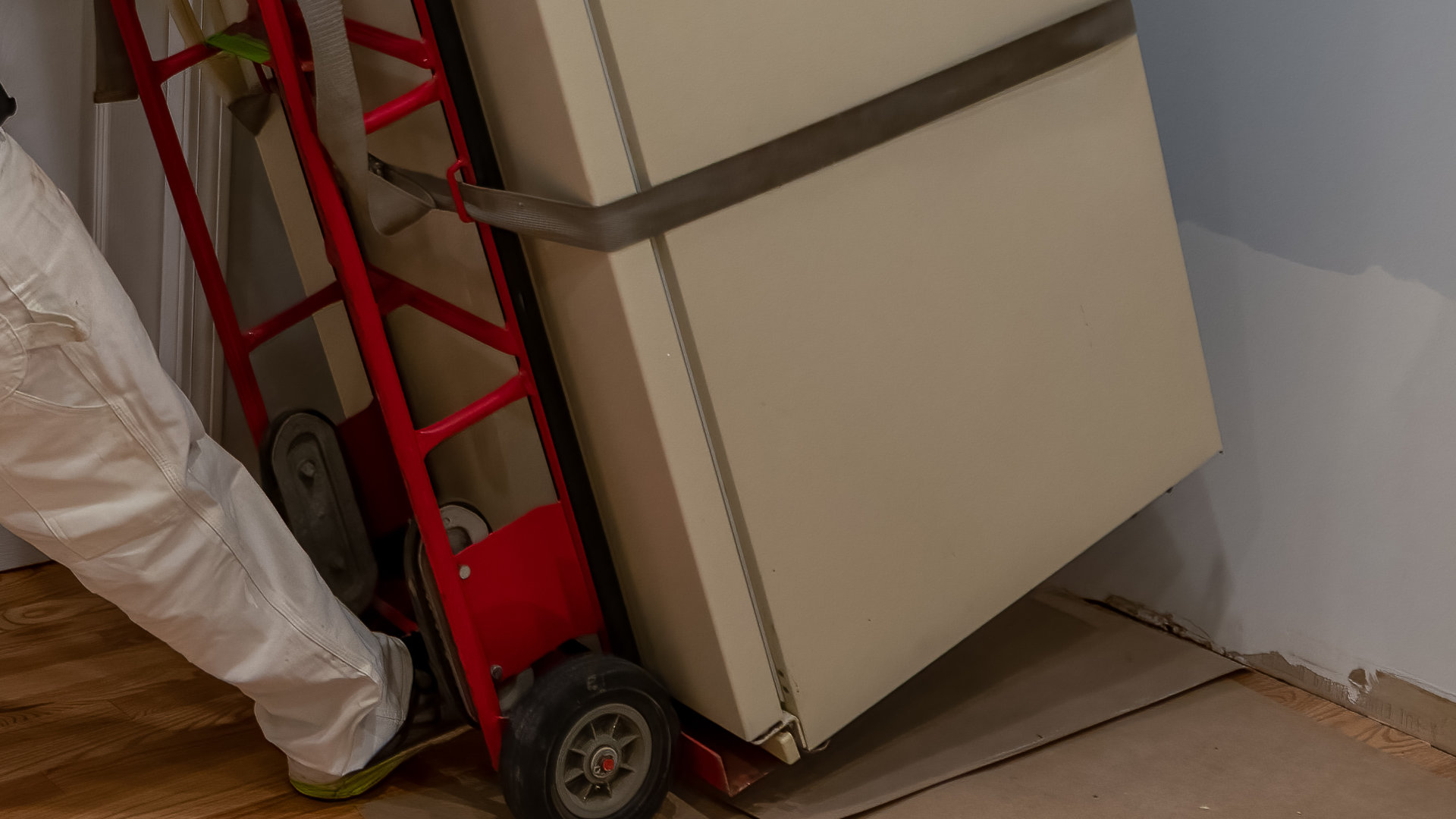
Refrigerator Dripping Water Inside? 5 Quick Fixes

Appliance Industry 2023 Q4 Results
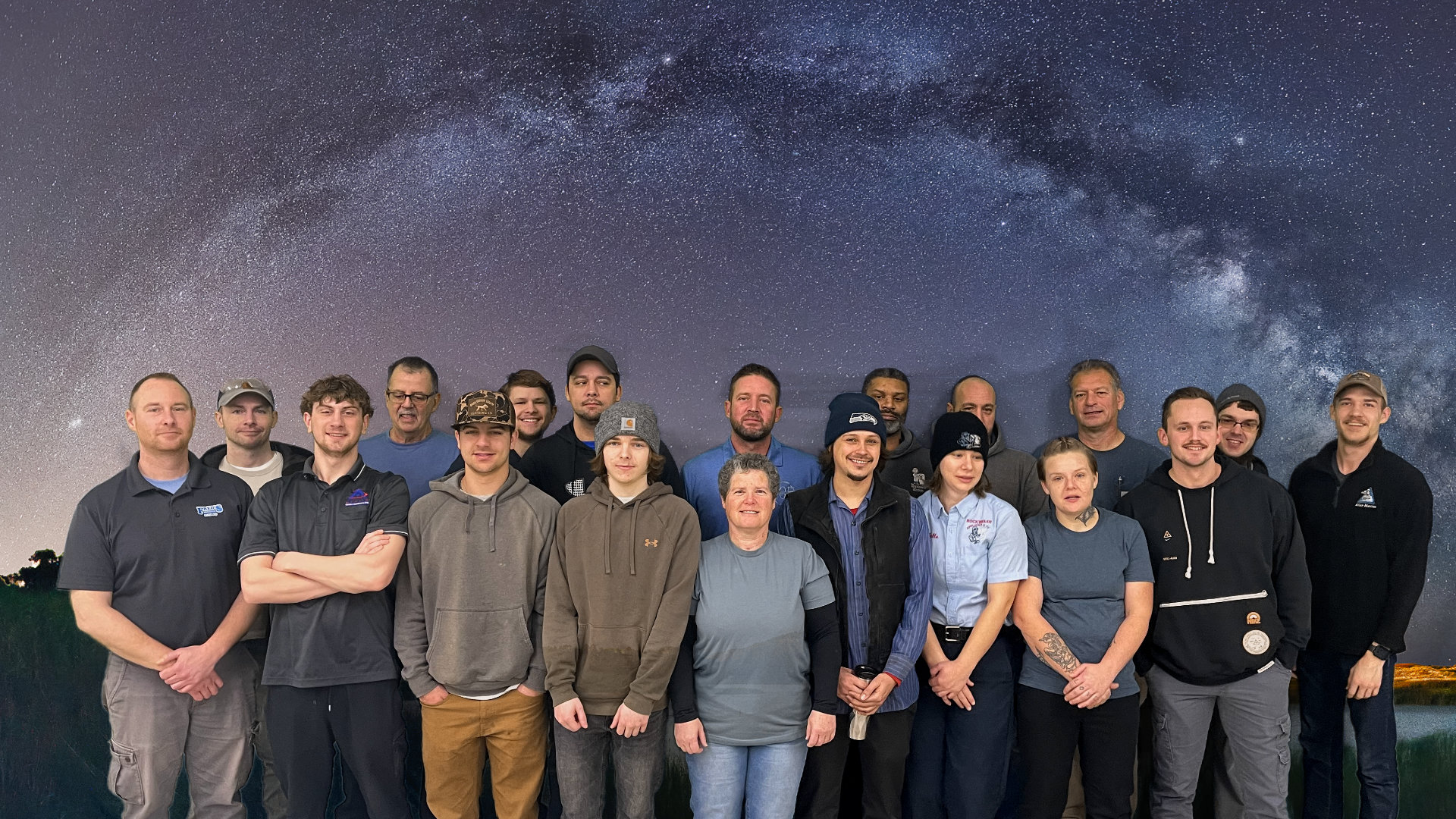
Congrats to our graduating January 2024 class
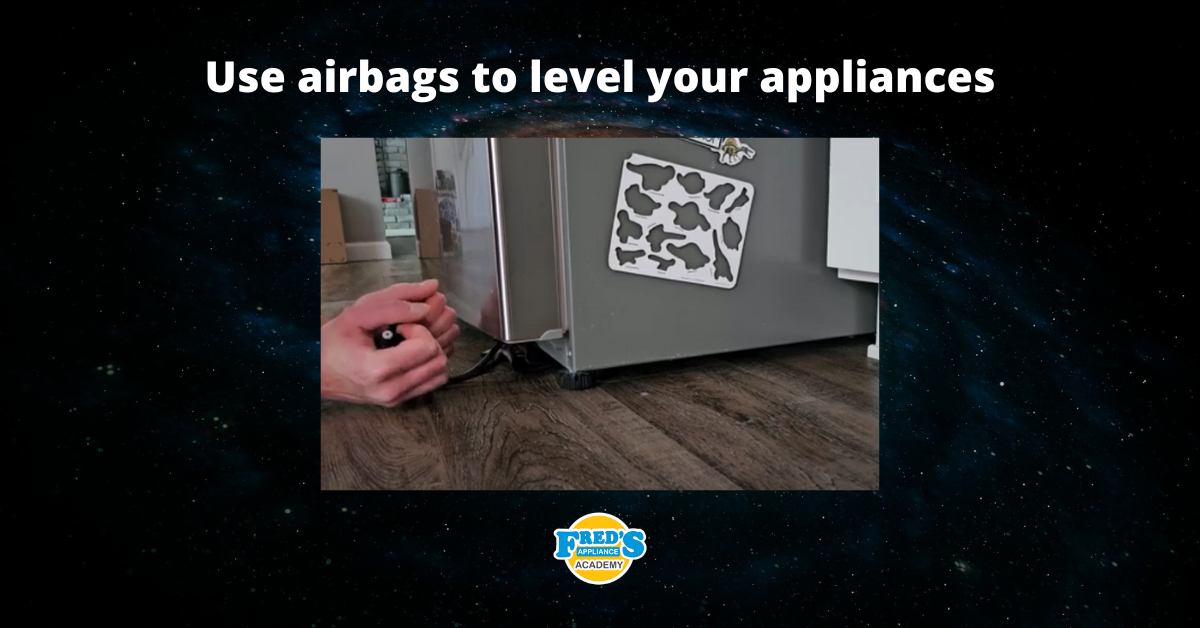
Clever ways to use airbags to level your appliances
